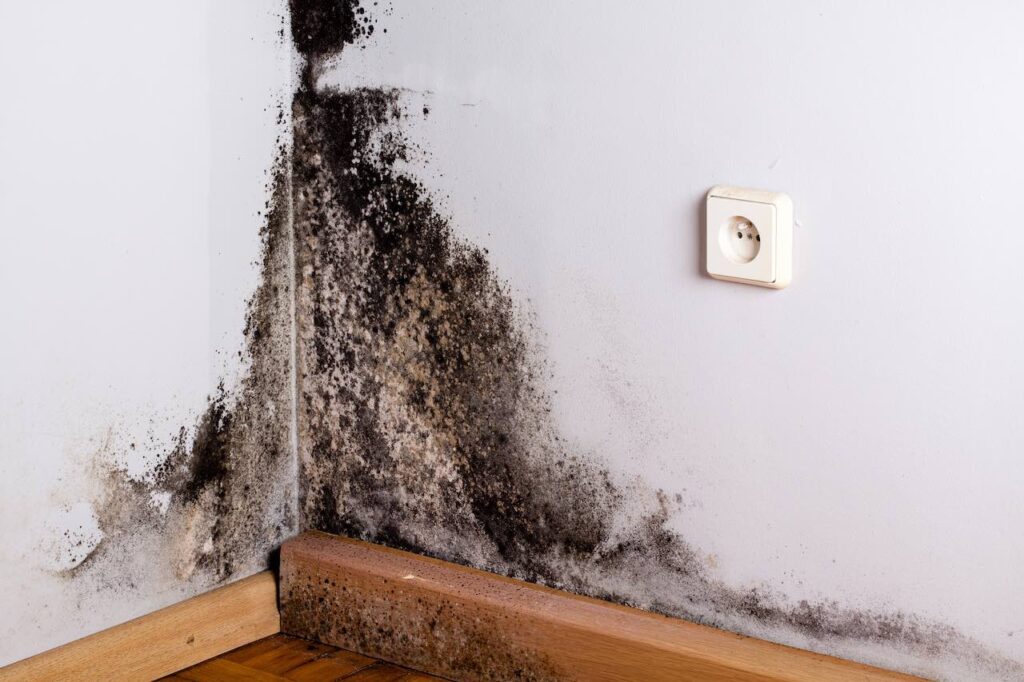
Black mold and regular mold are often confused. In this article, we will compare the differences between black mold vs. mold to help you better understand how to identify and treat each type.
Black Mold vs. Mold: Understanding the Key Differences
Black Mold vs. Mold: Understanding the Key Differences
When it comes to mold solutions, one key factor to consider is the distinction between black mold and mold in general. While both can be harmful, black mold is a specific type of mold that is characterized by its dark greenish-black color and its toxicity.
One of the main differences between black mold and other types of mold is the level of danger they pose to humans. Black mold produces mycotoxins which can cause serious health issues when ingested or inhaled, while other molds may not be as toxic.
Additionally, black mold thrives in damp and humid environments, making it more common in areas with water damage or high moisture levels. On the other hand, general mold growth can occur in a variety of conditions.
In terms of appearance, black mold typically has a slimy or fuzzy texture and a distinctive musty odor, while other molds may have a different appearance and smell.
Overall, it is important to understand the differences between black mold and general mold in order to effectively address and eliminate any mold issues in your home or property.
Frequently Asked Questions
What are the main differences between black mold and other types of mold?
Black mold is a specific type of mold that produces mycotoxins and is typically more harmful to human health compared to other types of mold.
How can I identify if the mold in my home is black mold or not?
You can identify black mold by its appearance, which is usually dark green or black, and its musty smell. However, the only way to definitively determine if it is black mold is through testing by a professional.
Are black mold and regular mold equally dangerous to health?
No, black mold is typically more dangerous to health compared to regular mold in the context of Mold Solutions Guide.
Can I use the same remediation techniques for black mold as for other molds?
No, black mold requires specific remediation techniques due to its potential health hazards. It is important to consult a professional for proper removal and treatment of black mold.
Is it necessary to hire a professional to remove black mold, or can I do it myself like with other molds?
It is highly recommended to hire a professional to remove black mold due to its potential health risks and the need for proper containment and disposal methods.
In conclusion, it is crucial to understand the differences between black mold and regular mold in order to effectively address any potential mold issues in your home. While both types of mold can pose health risks and structural damage, black mold is particularly concerning due to its toxic nature. By promptly identifying and eliminating mold growth, you can create a healthier indoor environment for you and your family. Remember to always consult with professionals for proper mold remediation to ensure thorough and safe removal. Stay informed, stay proactive, and keep your living spaces free from the potential dangers of mold.
![]()